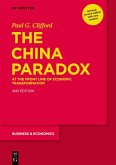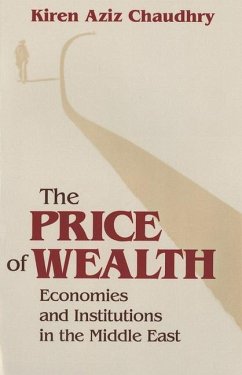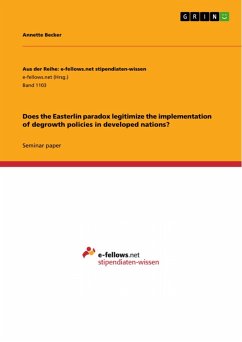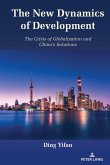Wedeman finds that the Chinese economy was able to survive predatory corruption because corruption did not explode until after economic reforms had unleashed dynamic growth. To a considerable extent corruption was also a by-product of the transfer of undervalued assets from the state to the emerging private and corporate sectors and a scramble to capture the windfall profits created by their transfer. Perhaps most critically, an anti-corruption campaign, however flawed, has proved sufficient to prevent corruption from spiraling out of control. Drawing on more than three decades of data from China-as well as examples of the interplay between corruption and growth in South Korea, Taiwan, Equatorial Guinea, and other nations in Africa and the Caribbean-Wedeman cautions that rapid growth requires not only ongoing and improved anticorruption efforts but also consolidated and strengthened property rights.
Dieser Download kann aus rechtlichen Gründen nur mit Rechnungsadresse in A, B, BG, CY, CZ, D, DK, EW, E, FIN, F, GR, HR, H, IRL, I, LT, L, LR, M, NL, PL, P, R, S, SLO, SK ausgeliefert werden.









